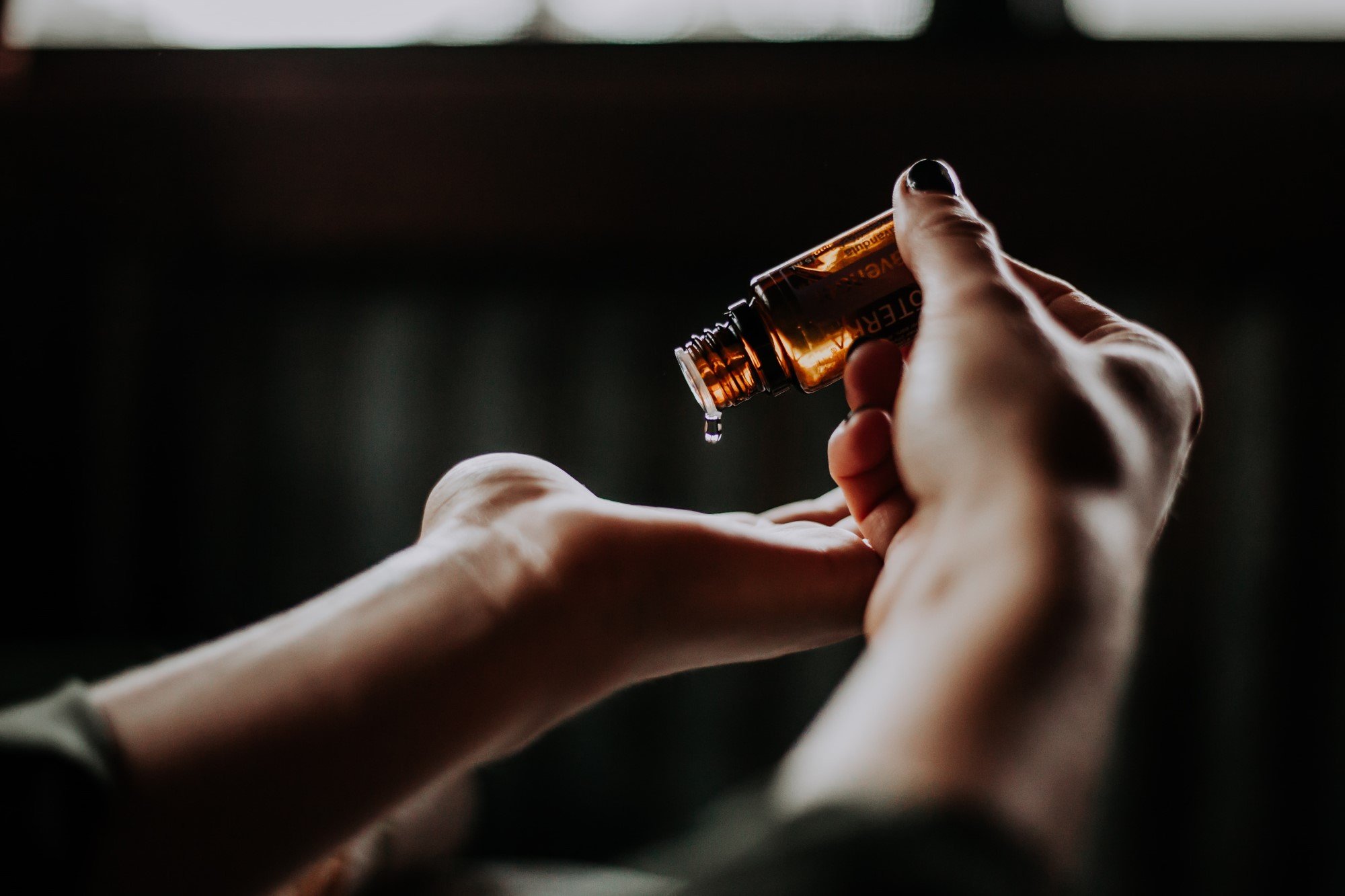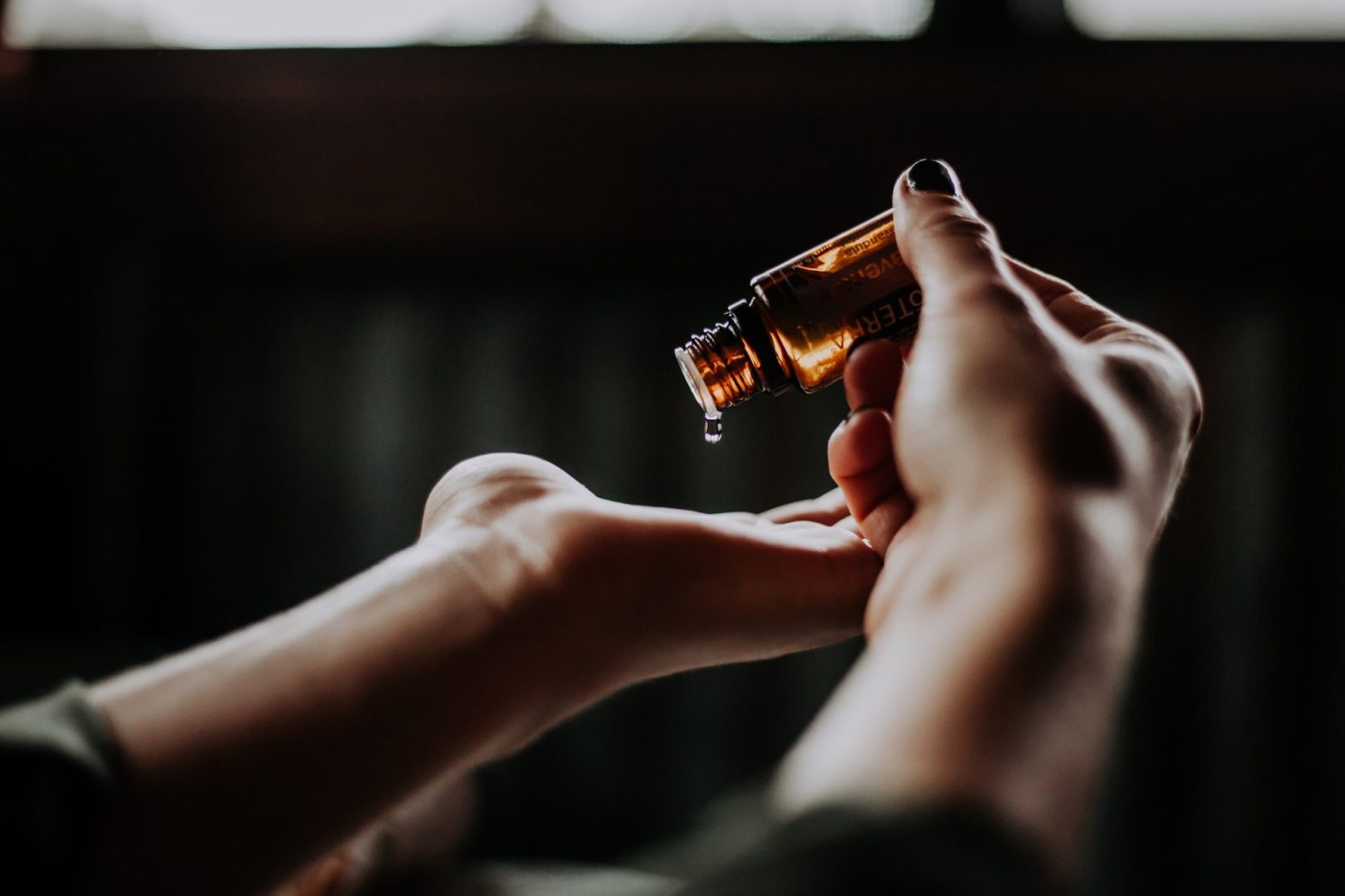DOES TEA TREE REALLY HELP TREAT ACNE?

We went directly Dr. Greger, famous for unraveling confusion with medical tests and trials www.nutritionfacts.org
“Acne…remains one of the commonest diseases to afflict humanity.”
“Of course, there are drugs for acne. There are always drugs, though, along with drugs come drug side-effects. Antibiotics that suppress the bacteria that cause acne “are the standard treatment for acne, but are becoming less effective, [presumably] because of the emergence of antibiotic-resistant strains.” The prevalence of resistant strains has apparently grown rapidly, such that antibiotics for acne are no longer recommended just by themselves, with re-evaluations advised every six to eight weeks.
Even if tea tree oil couldn’t kill off the bugs, though, it has been shown to suppress skin inflammation. Like if you inflame people’s skin with an allergen and then try to calm it down, tea tree oil did a decent job, compared to an over-the-counter ointment, or a moderate potency prescription steroid cream. So potentially, tea tree oil could help with acne via an antibacterial mechanism, or from an anti-inflammatory standpoint. But you don’t know until you put it to the test.
“…… a randomized, double-blind, placebo-controlled trial of a 5% topical tea tree oil gel in mild-to-moderate acne.
After six weeks in the tea tree oil group, a 40% drop in whiteheads and blackheads, a 40% drop in red and tender acne bumps, and a 47% drop in pus-filled pimples, compared to comparatively little change in the control group. Overall, in terms of total lesion count, the tea tree oil gel was three and a half times “more effective than placebo,”—three and a half times more effective than essentially doing nothing. But most teens don’t do nothing for their pimples. How does tea tree oil compare to the gold standard, benzoyl peroxide? We’ll find out…right now!
Benzoyl peroxide is by far the most popular over-the-counter acne therapy despite its side effects. It can be irritating, causing redness, dryness, peeling, stinging, or burning. However, the prescription option, “the long-term use of [topical or oral] antibiotics, is discouraged due to the development [and spread of antibiotic] resistance. As a result, [attention has turned to] non-antibiotic products such as tea tree oil.”
The benzoyl peroxide did cause more side effects—dryness, itching, stinging, redness, burning— but it worked better too, cutting the number of inflamed pimples by two-thirds within three months, versus only by half in the tea tree oil group, though the most recent study found them to be more comparable.
Putting all the studies together, and tea tree oil products not only beat out placebo but approximate more standard regimens like benzoyl peroxide or topical antibiotics, suggesting tea tree oil products may be “an appropriate option for treating mild-to-moderate acne.”
This excerpt was sourced from Dr. Greger, at www.nutritionfacts.org
